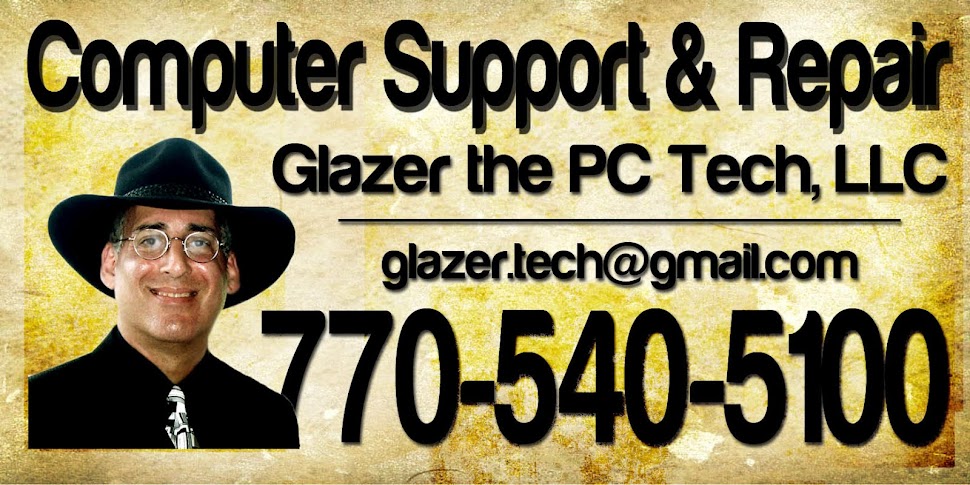The last three computers I worked on all needed to be retired, replaced or used for target practice. There comes a time when it’s simply no longer cost-effective to keep your old XP relic running, no matter how much you like it.
I have an XP machine in my lab that I use solely for research while working on other computers. It has its issues, but serves its purpose. But it is not my main computer and should it fail, I have others.
One decade-old computer I recently worked on had a failing hard drive, was in need of additional RAM and had an inoperable optical drive. Could I have repaired it? Sure, but the cost would have been close to that of a new computer with a faster processor, lots more RAM, a huge, new hard drive and a warranty.
In a couple of hours I could have had it running like new, but for $200 more than my fee, an inexpensive replacement could be had.
If you only require a memory upgrade though, by all means go for it. An additional gigabyte or two won’t cost much and you’ll really see the difference from 512 MB of RAM to 2 GB. Browsing within your computer and across the web will both be much faster.
If you have enough memory already, but your hard drive fails, it is probably worth replacing the drive. You will need to have a Windows installation CD though.
You can copy your data, but the Windows will need to be reinstalled on that new hard drive. Keep in mind your programs will need reinstalling as well. Your photos and documents can be transferred, but the programs that created them and the operating system cannot.
Be advised to back up your files regularly. It may be too late by the time you think of it. Once a hard drive fails, there is precious little time to extract data from it.
The easiest way is to either use an online service such as Mozy or Carbonite, or get an external USB hard drive for storage. Redundancy is good for important files. Make more than one copy if you value your data. DVDs can get scratched and hard drives can fail, so spread your data around on various mediums.
More than once I’ve had to reinstall my printer driver and software. I’d attempt to print something and Windows would advise me that I had no printer installed. Go figure. There was nothing else wrong with my computer, just no printer anymore.
All printer manufacturers offer free driver downloads from their websites. It’s a simple, yet annoying fix for a printerless system.
If your computer beeps more than once when it boots up, it’s telling you something is wrong. Most times it’s a memory error. Modules go bad or work their way loose. Desktop batteries also die. That’s another inexpensive, yet annoying fix, not worth trashing your computer over.
Many clients have advised me that if I couldn’t speed up their system, they would throw out their computer and get new a one. To make a computer faster is not too much trouble nor much cost, either.
It’s all know-how and labor. There are no parts to replace. If all that’s wrong with your computer is its speed, there is no reason to replace it. A robust tune-up will suffice.
More than a virus, malware can bring your computer to its knees, making it crawl. Use of a proper utility or an occasional tune up will eradicate malware infections and help keep your system up to speed.
One of the biggest malware scams is the registry cleaner. You see a pop-up advising you to click somewhere to fix your system’s registry. The key here is that without running a scan, there is no way for a program to know there are errors in the registry or anywhere else.
Also keep in mind that many pop-ups say that Windows has discovered registry errors. Windows will never tell you that. It’s just not part of its job, not yet anyway.
This is not to say that cleaning your registry won’t help your system; it will. You need to have installed a bonafide registry utility of your choice, though. Don’t pick one that mysteriously appears on your computer’s desktop. Some are real; others are not.
Keep your computer healthy. Run virus and malware scans, clean temporary and history files and keep the registry and file system clean. An occasional defragmentation will help, as will updating your system drivers when necessary.
But if you have multiple hardware failures on a computer that is older than your dog, it’s time to replace.

No comments:
Post a Comment
Got a Comment - or a quick question...